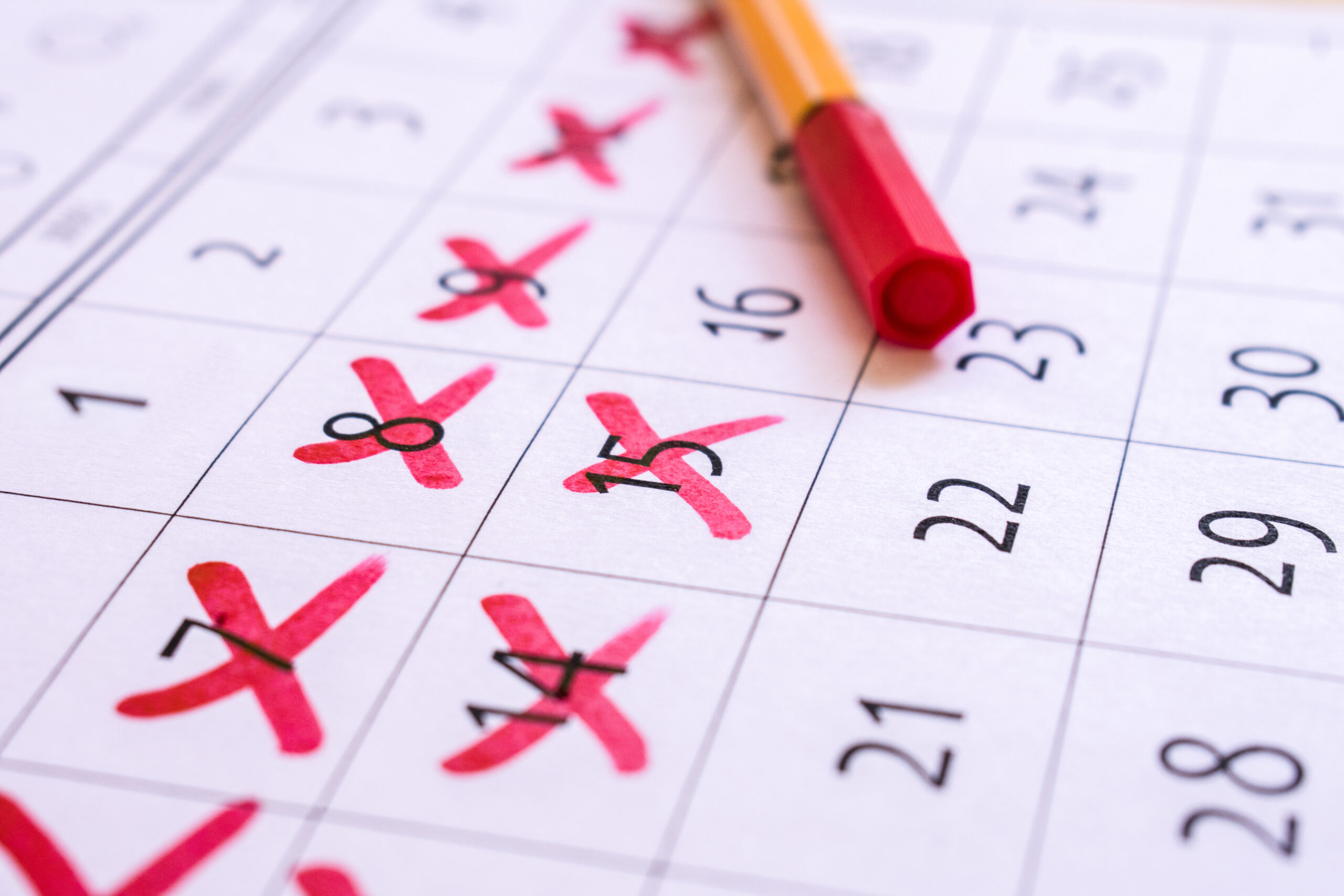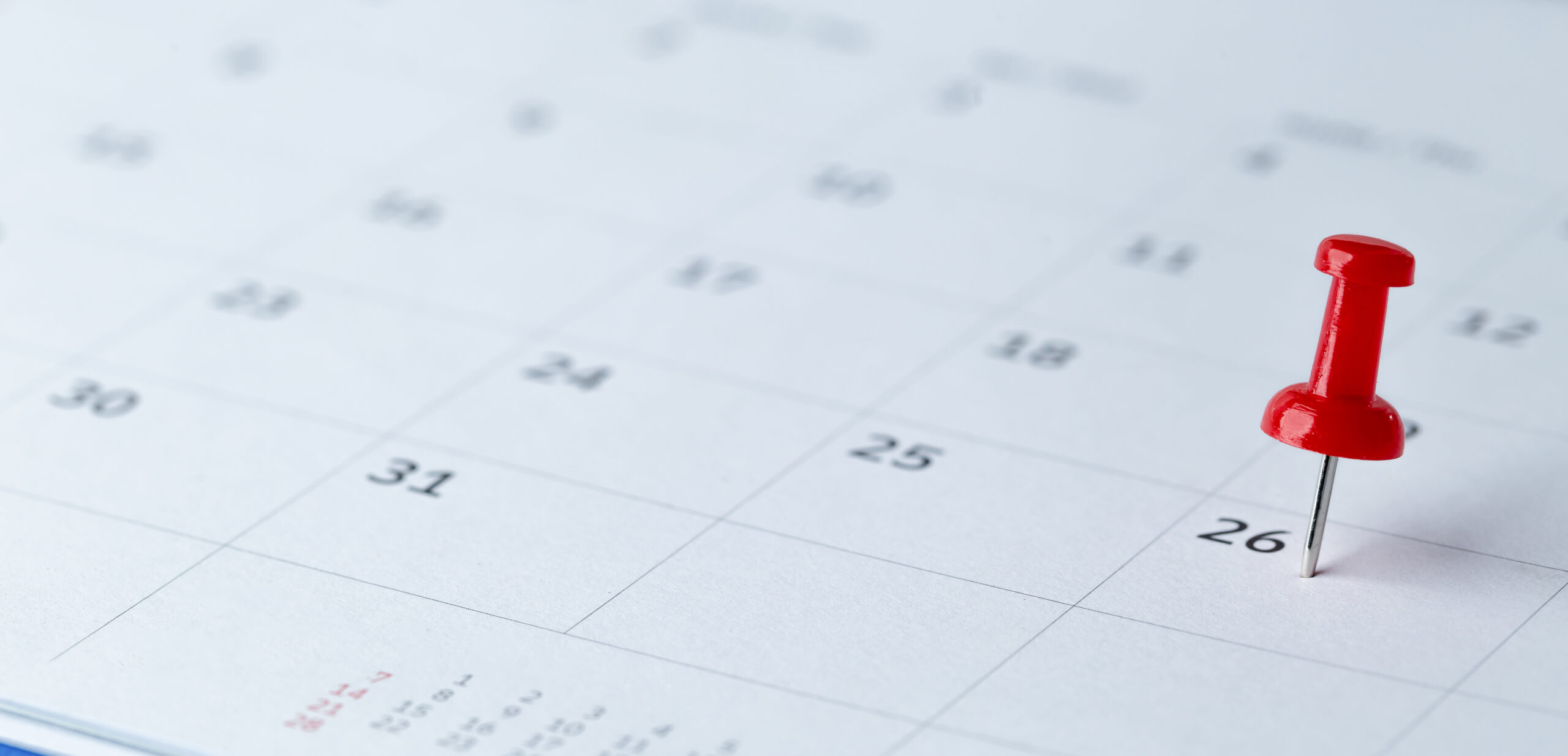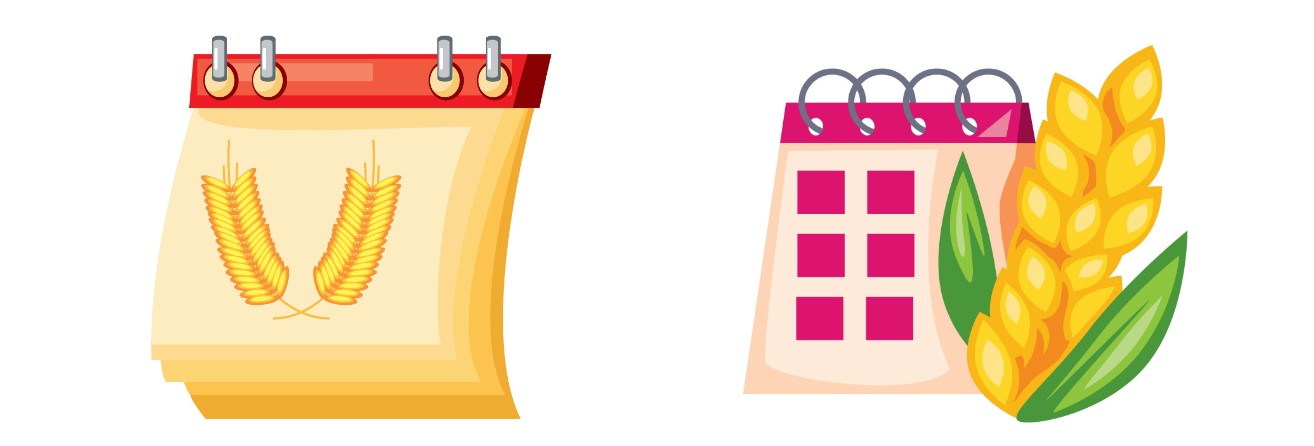
All about the special Jewish ritual of Counting the Omer

Counting the Omer is a command straight from the Torah. Leviticus 23:15-16 reads:
You will count for yourselves – from the day after the Shabbat, from the day when you bring the Omer of the waving – seven Shabbats, they shall be complete. Until the day after the seventh Sabbath you shall count, fifty days…
So, the Omer originally meant the measure of barley grain that was brought to the Temple as an offering during Passover. The Torah tells us to count seven full weeks from that offering, and to celebrate Shavuot on the fiftieth day.

The Omer is counted by saying a bracha – blessing – every evening through the seven weeks. We then state the number of days, and break into weeks and days so that we definitely don’t lose count of the seven weeks.
For example, on the thirteenth night, we say, “Today is the thirteenth day, making one week and six days of the Omer”.

The Omer has come to be a very significant time in the Jewish year, with a unique set of customs.
Firstly, there are other holidays in the Omer: five significant dates that fall within the this seven-week period, which shape the Jewish and Israeli calendar. They include the Jewish Holocaust Memorial Day, Israel’s days of memorial and independence, and Jerusalem day.
There are also several restrictions in place through the seven weeks, due to the story of Rabbi Akiva’s students. Rabbi Akiva was a prolific scholar with more than 24,000 disciples. During the period of the Omer one year, a plague tore through the students, decimating their numbers. They died in their thousands, and Rabbi Akiva attributed the disease to how his students treated each other.
The Omer was consequently instituted as a period of public mourning. In traditional Judaism, that means restrictions on haircuts, weddings, and music, though these are lifted during the holiday of Lag BaOmer, which this year took place in the evening of May 15 through May 16, 2025.
Live life by the book and imbue every day with Jewish tradition, with your very own Hebrew Bible and other special Judaica from Israel!
Subscribe to JudaicaWebStore mailing list to receive updates on new arrivals, discounts and special offers
IL GLOBAL INC
3 Germay Dr Ste 5 PMB
23545 Wilmington, DE 19804,
USA





Owned by IL GLOBAL INC maintains its offices and warehouse in Jerusalem, Israel.© 1999-2024 Buy unique Israeli Judaica, for sale exclusively online
Owned by JWG Ltd, maintains its offices and warehouse in Jerusalem, Israel. © 1999-2022 JWG Judaica and Dead Sea Cosmetics

